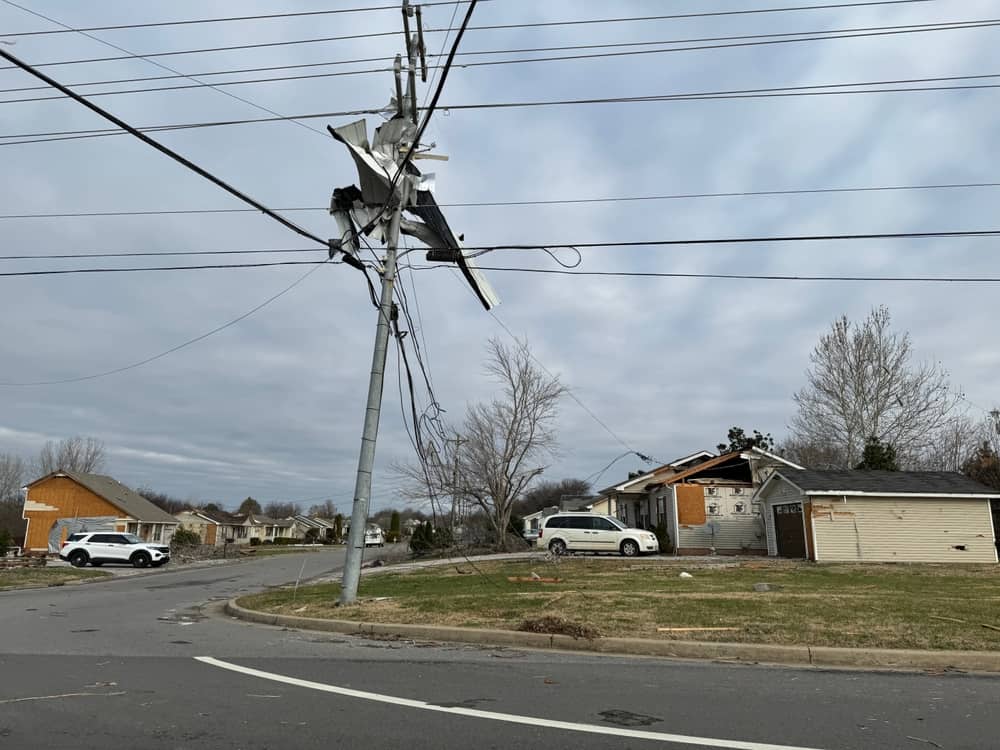
Energy Resilience In The Lone Star State: Generac Generators For Texas Homes
Texans are known for being tough, but that doesn’t stop Mother Nature from messing with Texas when she feels like it. Whether it’s a hurricane […]
Read MoreDecember 12, 2014

There’s a pretty big difference between portable generators and whole-home generators so we’re outlining those for you. If you’re having difficulty deciding between the two, we hope this article will help you make the final decision.
Portable generators are usually smaller in size and weight than whole home generators. They are often transported to construction sites for operating power tools and to campsites for powering RV’s. Because they are mobile, you can take them to any location where power is needed. Depending on a generator’s output, it can be used in the event of a power outage to run small appliances around the home but not all appliances simultaneously. One must pick and choose the appliances most necessary during a power outage to connect to a portable generator. Because portable generators usually run on gasoline or diesel fuel, the length of time they can operate depends upon the size of the fuel tank as well as the amount of fuel in storage. In the event of a power outage, one must retrieve the generator and the fuel from its storage location and move it to the area where it is needed. Small appliances, tools, etc., can then be plugged into the generator via extension cords and removed when no longer necessary.
Best Use: Short-term (hourly) temporary use for operating a few small appliances such as space heaters or fans, a television or refrigerator, a range, power tools, or an RV.
Whole-home generators, also known as standby generators, are stationary fixtures. They’re connected to your home or business’ electrical system as well as a fuel source, such as natural gas lines or propane tanks. In the event of a power outage, the whole-home generator is automatically notified through the electrical system and kicks on in seconds, powering on your furnace, kitchen appliances, television, lights, well-pump, etc. Since whole-home generators vary in output, you can choose the appliances you need to operate most during an electrical outage, up to and including everything in your home. Because whole-home generators tap into a natural gas or propane source, you don’t have to trudge out into the cold to refuel the generator with smelly gas or diesel. When the electrical outage is over, the generator turns itself off. Whole-home “standby” generators operate automatically providing hands-free operation throughout the year, even when you’re not there.
Best Use: Long-term (daily) use for operating many appliances at once, including a well-pump, furnace or heat pump, refrigerator, TV, range, microwave, and lights.

Texans are known for being tough, but that doesn’t stop Mother Nature from messing with Texas when she feels like it. Whether it’s a hurricane […]
Read More
Living in Tennessee means you and your family need to be prepared to deal with extreme weather events all year round, especially during our spring […]
Read More
A home backup generator offers peace of mind by ensuring that essential appliances and systems continue to function even during power outages. These electrical systems […]
Read More